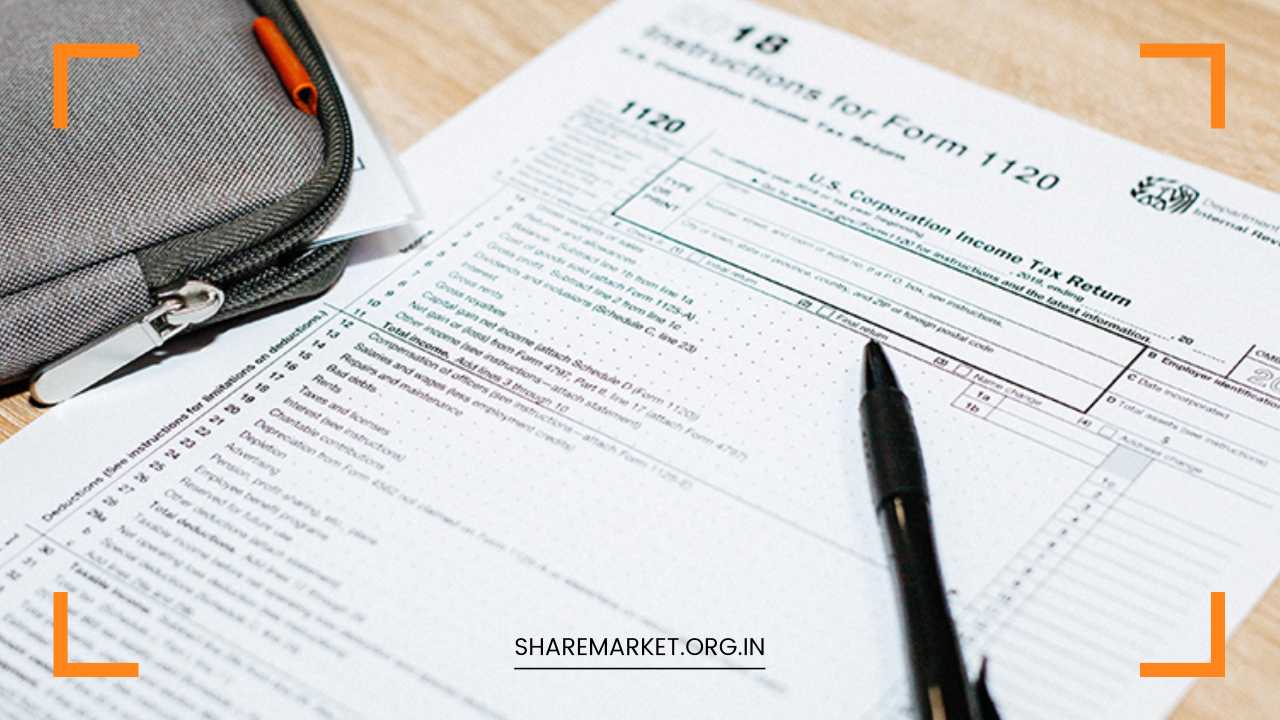Importance of E-Verification of ITR: Failure May Incur a Fine of Rs 5,000

Importance of E-Verification of ITR
E-Verification of ITR: An Integral Step for Complete and Compliant Filing
As the calendar marked the end of July, another significant chapter in the annual financial cycle of individuals came to a close – the deadline for filing Income Tax Returns (ITR).
This crucial task carries not only legal implications but also financial consequences that ripple through the lives of millions of taxpayers.
Amidst the flurry of submissions, receipts, and calculations, it’s important to remember that filing the return is just one part of the equation.
The other, equally crucial aspect, is the e-verification of the ITR – a step often overlooked but one that holds immense significance in ensuring complete and compliant tax filing.
The Deadline and Beyond: July 31 and ITR Verification
July 31 is an annual milestone etched in the minds of taxpayers across India. It’s the day that marks the cutoff for filing ITR without attracting the penalty for late submission.
Yet, the journey doesn’t conclude with the submission of forms and documents. A lesser-known but equally important step follows – the e-verification of the ITR.
This verification step is essentially the tax system’s way of ensuring that the filed return is indeed authentic and representative of the taxpayer’s financial situation.
A Necessary Culmination: Completeness through E-Verification
The significance of e-verification is not merely a procedural checkbox; it’s the final touch that completes the tax filing process. Without this step, the ITR remains in a suspended state, akin to a story without a conclusion.
The Income Tax Department emphasizes that an ITR is considered complete and valid only once it is e-verified.
This validation is not just a legal requirement but also essential for the smooth execution of subsequent processes, such as the issuance of tax refunds, if applicable.
The Social Media Reminder: The Power of Official Tweets
The Income Tax Department’s reach extends beyond traditional avenues. In the era of social media, its messages travel far and wide through tweets and posts.
The department recently took to Twitter to reinforce the importance of ITR verification. Through its tweet, it urged taxpayers to verify their filed ITR within 30 days, underscoring the time-sensitive nature of this step.
The tweet serves as a digital reminder of the crucial role that e-verification plays in ensuring the integrity of the tax filing process.
The Essence of E-Verification: Complete the Loop
The essence of e-verification goes beyond regulatory compliance; it represents the completion of a financial loop.
When a taxpayer files an ITR, they’re essentially presenting a financial narrative to the government. E-verification serves as the authentication of this narrative, ensuring that it is indeed the taxpayer’s account of their earnings, expenses, and investments.
Just as a story finds its fulfillment in the resolution of its plot, an ITR reaches its culmination through successful e-verification.
The Implications of Non-Verification: Penalties and Delays
Non-compliance with the e-verification timeline comes with its own set of consequences. For instance, if you filed your ITR on July 31, you have until August 31 to e-verify it.
Failure to meet this deadline can lead to a penalty of Rs 5,000. Additionally, the date of your ITR filing will be pegged to the date of e-verification.
This means that even if you filed on time but failed to e-verify within the stipulated period, your filing could be considered late, subjecting you to the associated penalties.
A Tiered Approach: Income-Related Fines
The fine structure for late e-verification is also tiered to reflect the taxpayer’s income. According to officials from the Income Tax Department, individuals who earn more could face a fine of Rs 5,000.
However, for those with an income below Rs 5 lakh, the penalty is reduced to Rs 1,000. This nuanced approach aims to align with the government’s efforts to lessen the financial burden on lower-income individuals while maintaining adherence to the taxation process.
Easing the Process: Technology as an Ally
In an era of digitization, e-verification has been made more accessible through technology. The options available for e-verification, such as Aadhaar OTP, Net Banking, or Digital Signature Certificate, cater to a diverse range of taxpayer preferences.
This tech-driven approach acknowledges the changing landscape of financial transactions and streamlines the verification process, ultimately promoting compliance.
Conclusion: Beyond Compliance, Towards Financial Literacy
As the e-verification deadline approaches, taxpayers find themselves at a crossroads – a moment that demands attention and action.
The meticulous process of ITR filing culminates in this final act of e-verification, ensuring that the financial narrative submitted to the government stands validated.
While compliance with the e-verification timeline avoids penalties, it also contributes to financial literacy and discipline.
The Income Tax Department’s tweets serve as gentle reminders of the significance of this step, underscoring its role in ensuring complete and compliant tax filing.
By adhering to the e-verification deadline, taxpayers not only fulfill their legal obligations but also embark on a journey of financial responsibility and transparency.

















